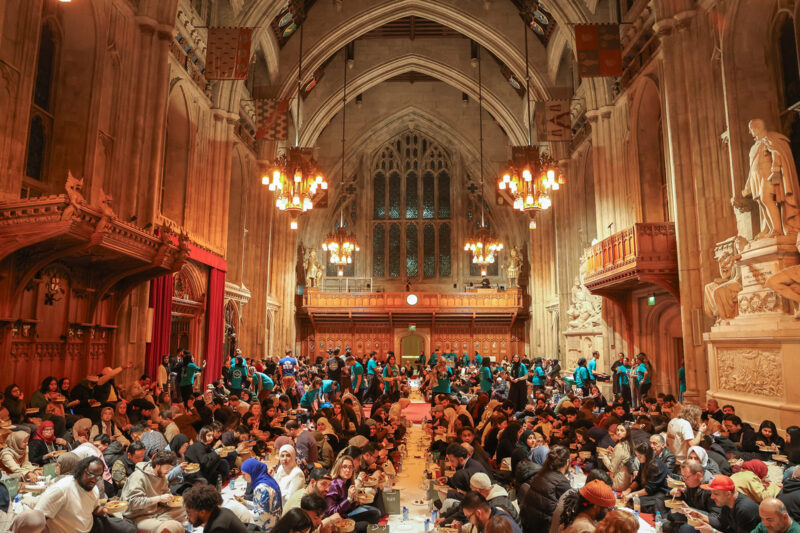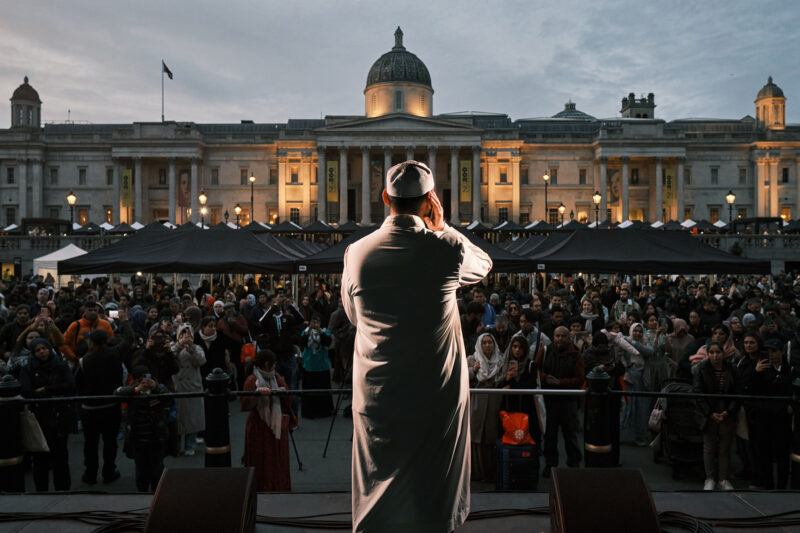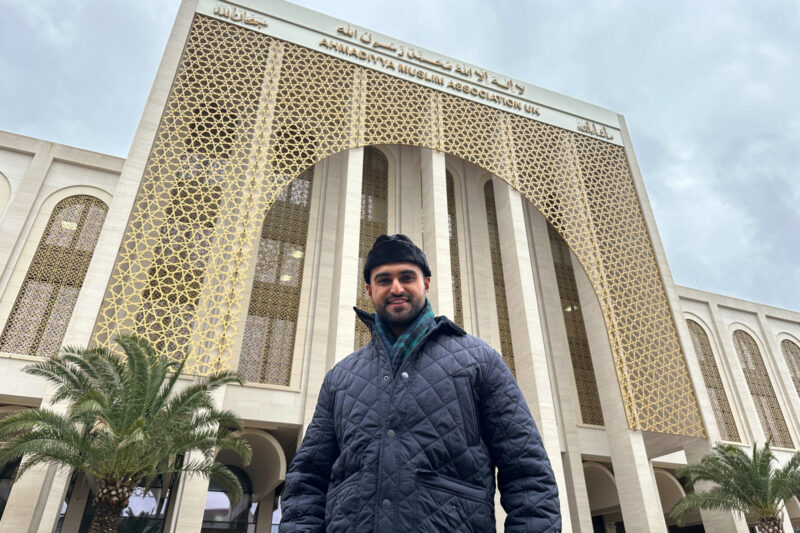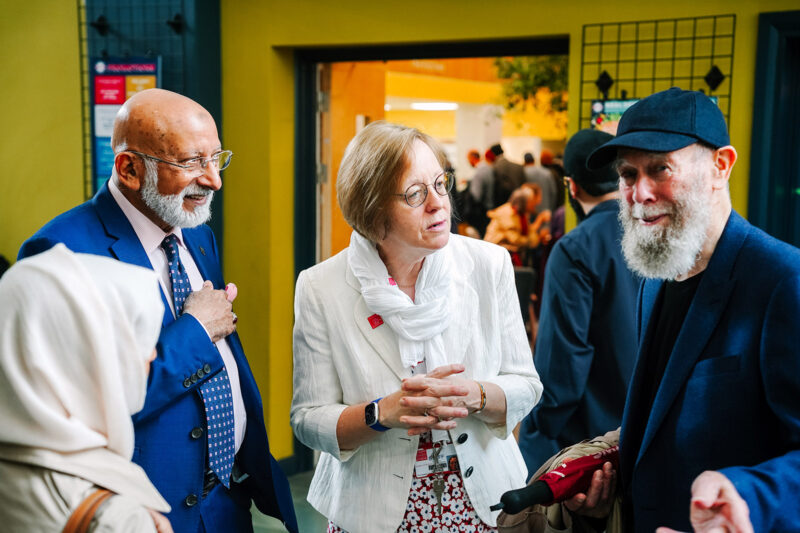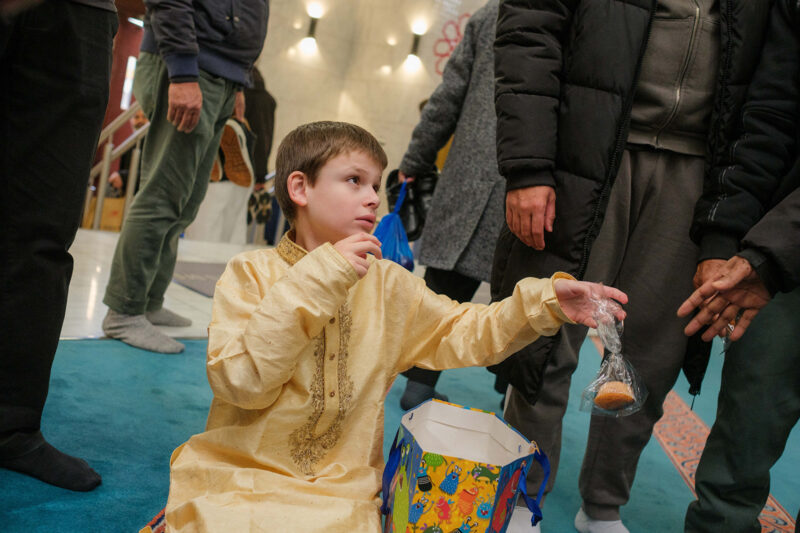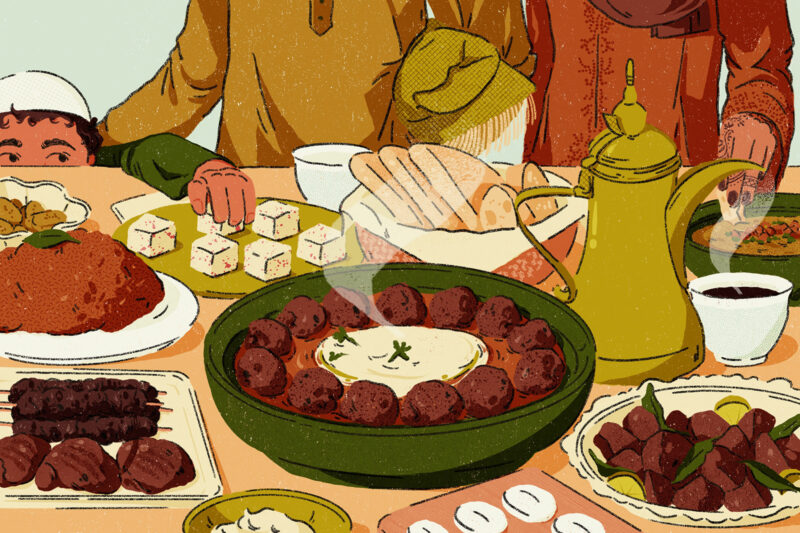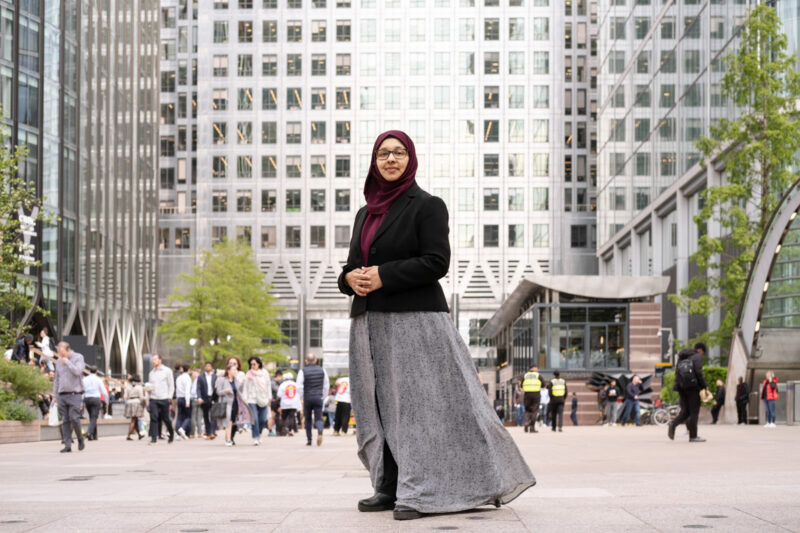A green iftar for an ethical Ramadan
A London-based collective aims to encourage healthier eating and the reduction of food waste
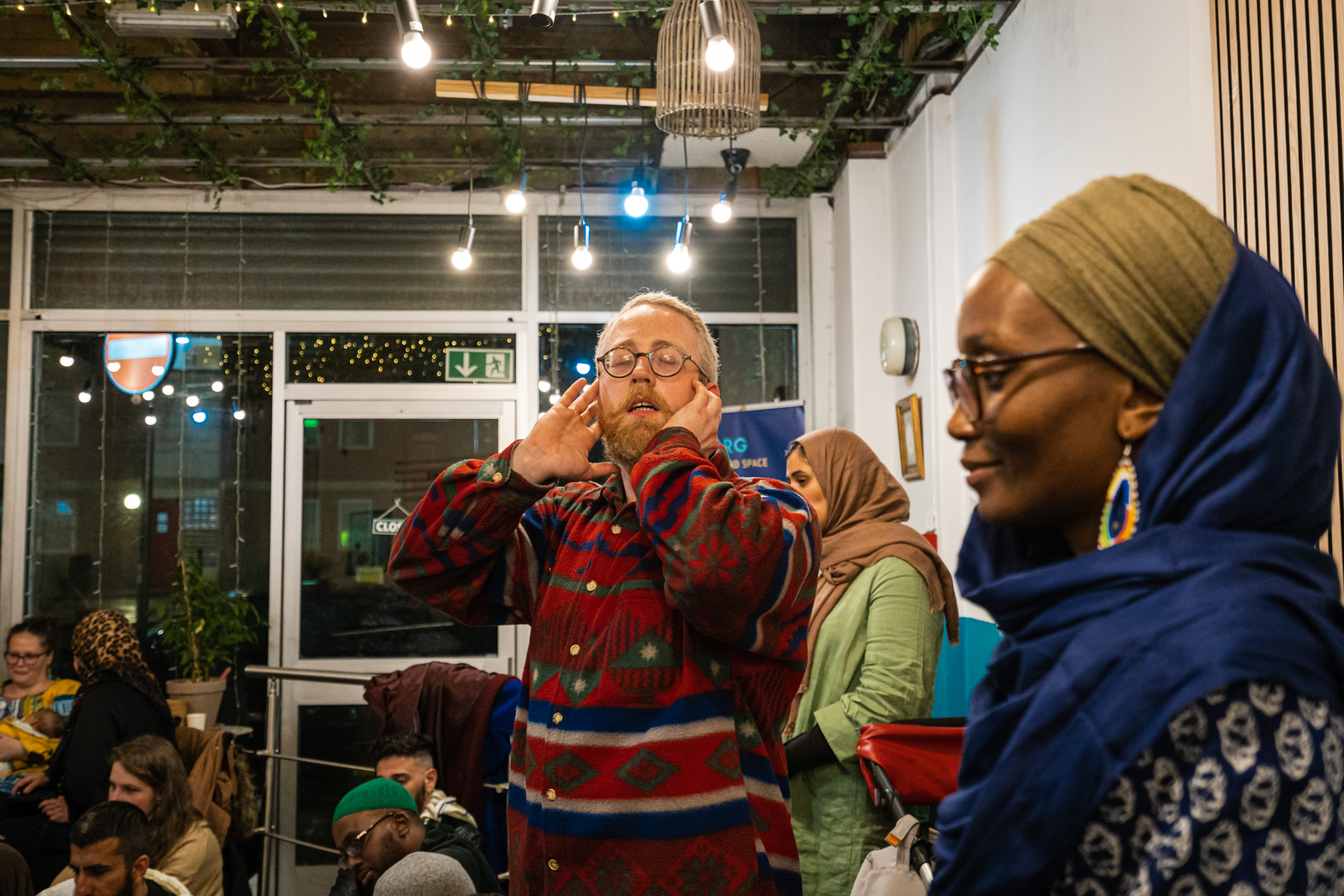
Ramadan is meant to be a time for Muslims to remove distractions from their lives, clear space for self-reflection, practice mindfulness towards others and consume modestly. However, while fasting from sunrise to sunset is central to the holy month, staggering amounts of food waste are also generated around the world by family, community and commercial iftars — not to mention retailers stocking up for the season with perishable speciality items. Research by the international development charity Human Appeal shows that more than half (54%) of UK Muslims report throwing away food during Ramadan.
In an effort to promote more sustainable ways to break the fast, the London-based collective Green Deen Tribe has organised ethical iftars for the past six years. Founded in 2013 by Rabiah Mali, 36, and Sakinah le Noir, 34 the organisation is based on three guiding principles: consuming less meat, reducing food waste and cutting the use of disposable plastics.
During a recent Friday iftar at Rumi’s Kitchen, a food bank in Harlesden, north-west London, the Green Deen Tribe served a wholesome vegetarian meal of rice with black-eyed beans and fried plantains. Volunteers brought fruit and vegan desserts in modest amounts to avoid having to throw anything away. All participants were encouraged to bring their own cutlery, water bottles and containers for leftovers. Biodegradable food containers were used and then repurposed into plant pots for guests to take home, while all food waste was set aside for composting.
“Most iftars have so much food waste and plastic — water bottles, tea cups, packaging — so what we try and do is to show that we can do without them,” said the Green Deen Tribe’s projects and volunteer coordinator Sarah Mohamed, 28.
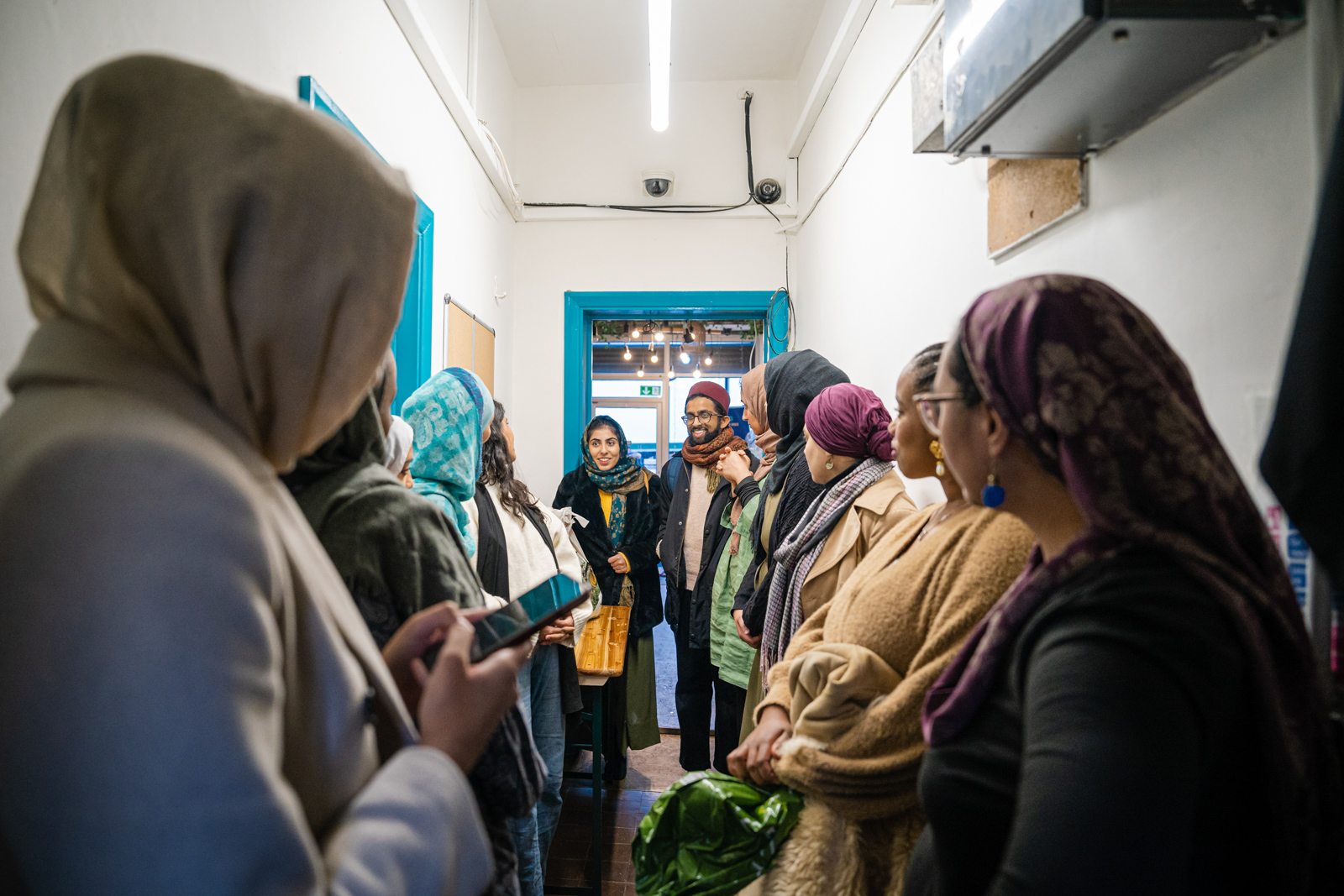
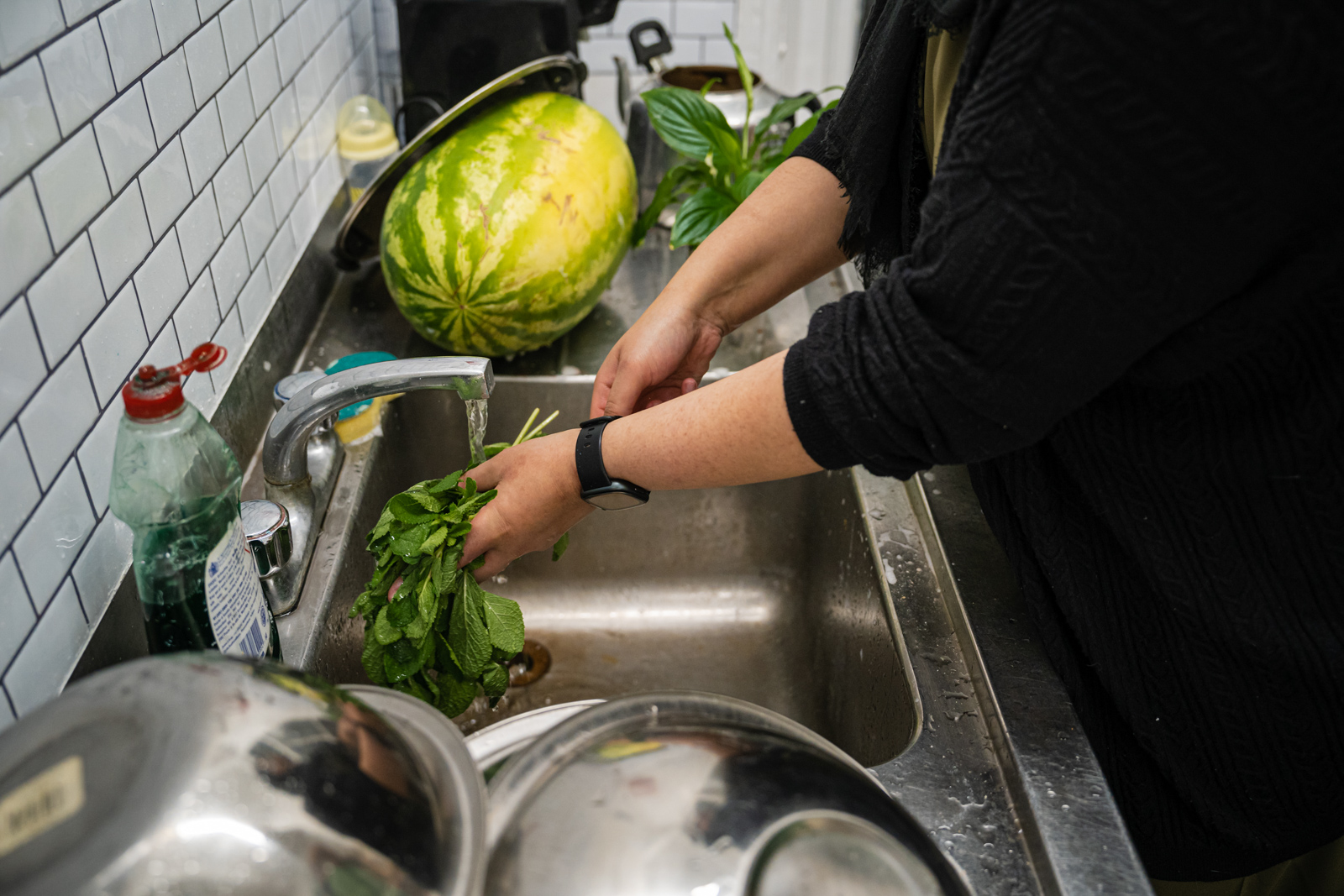
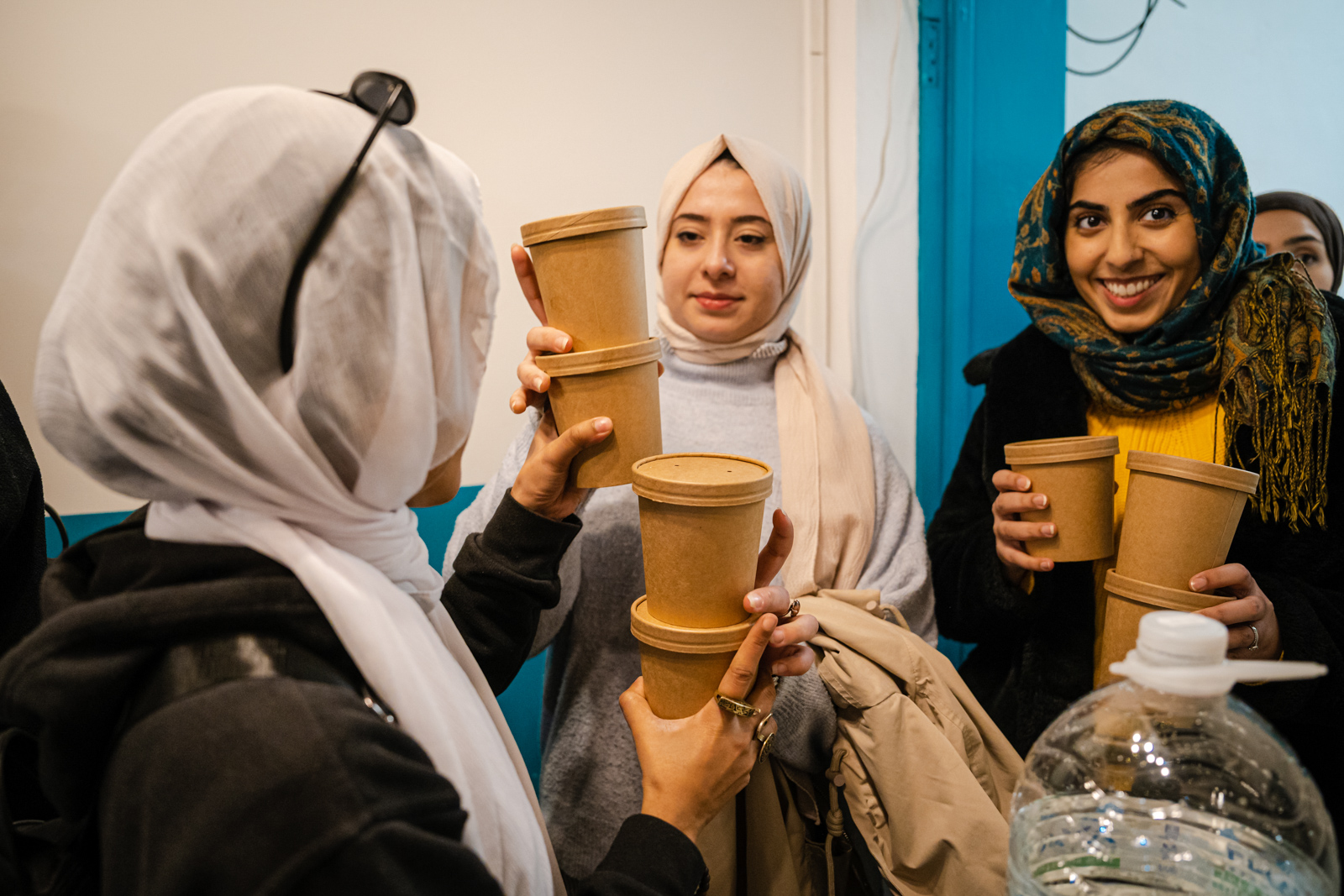
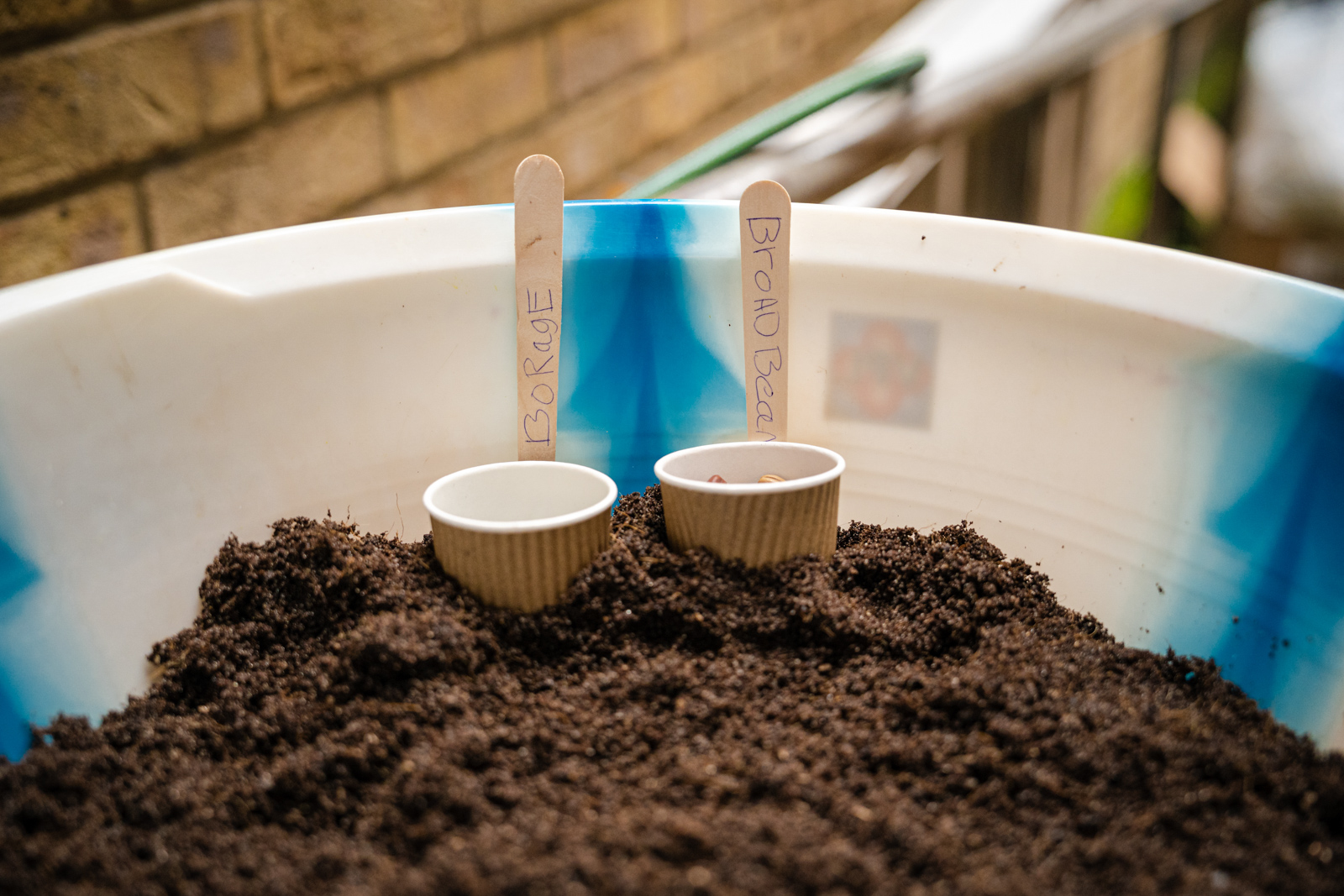
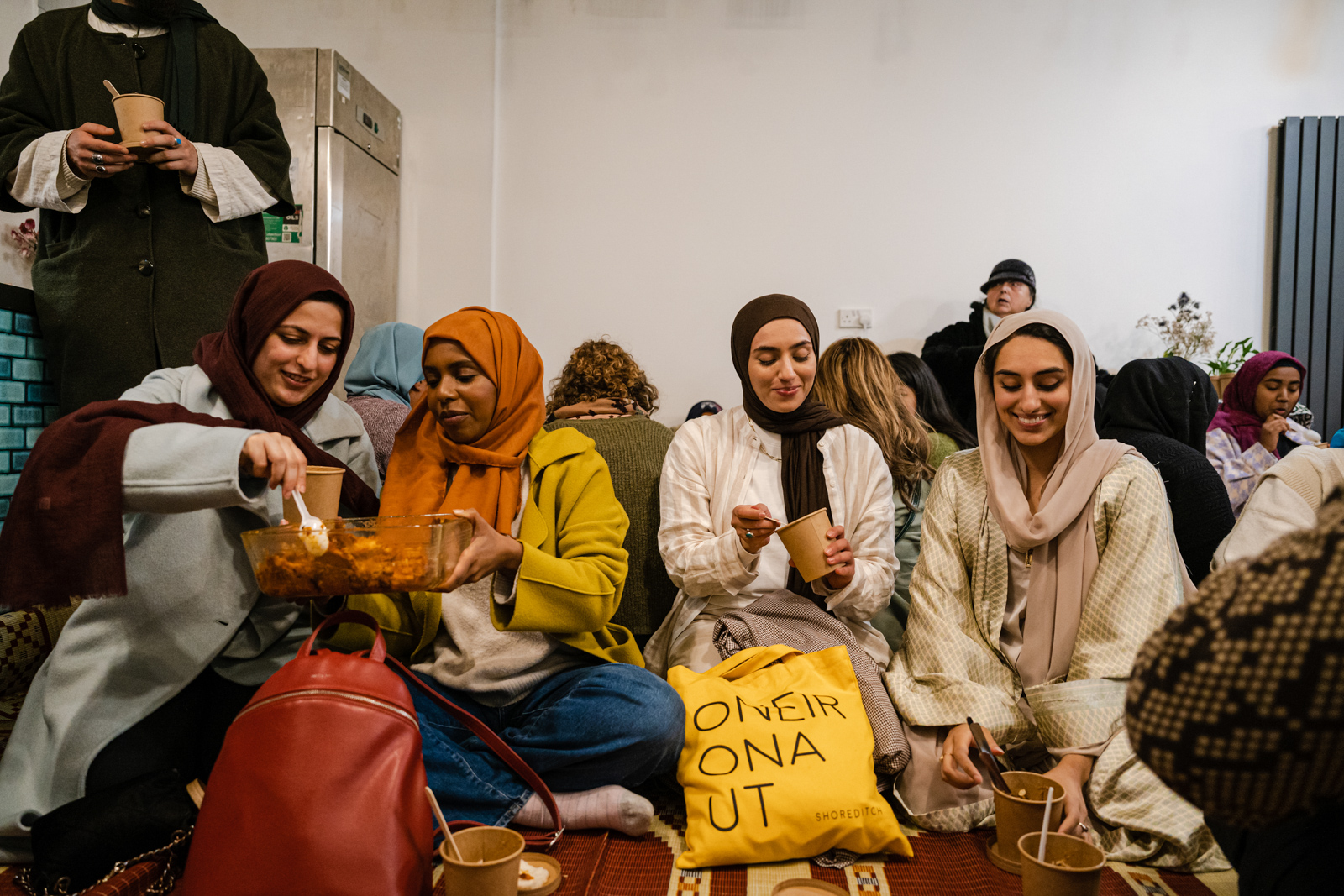
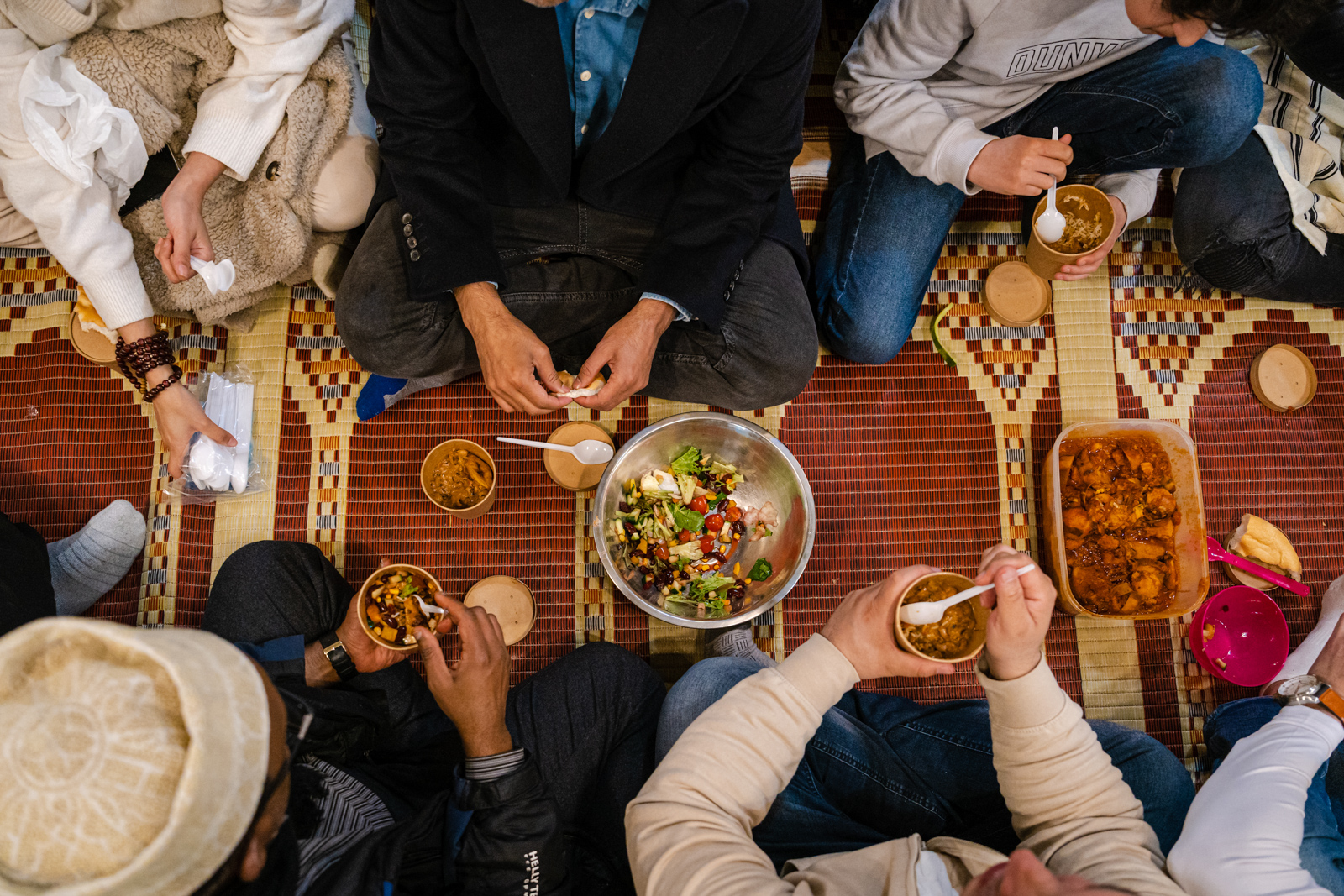
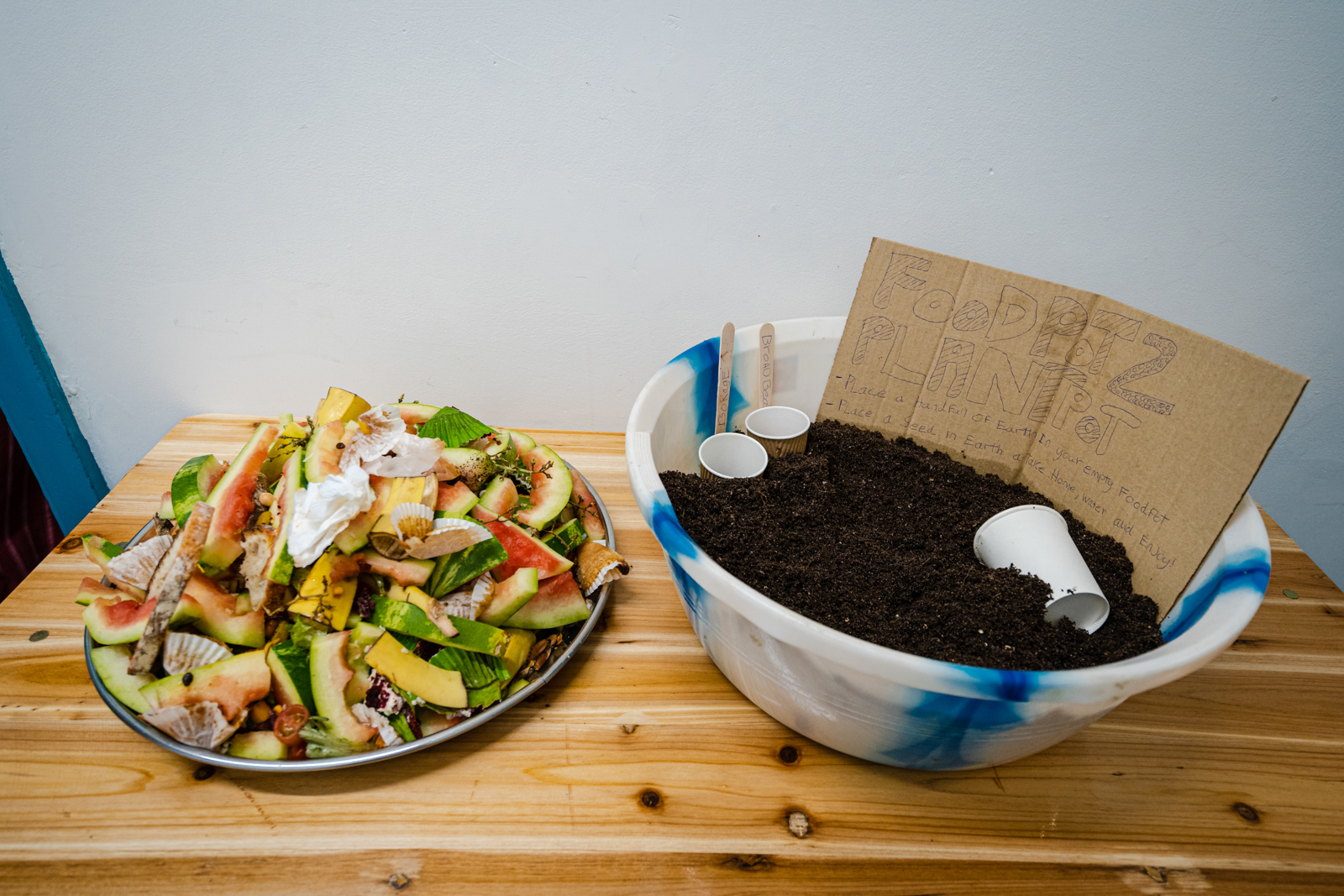
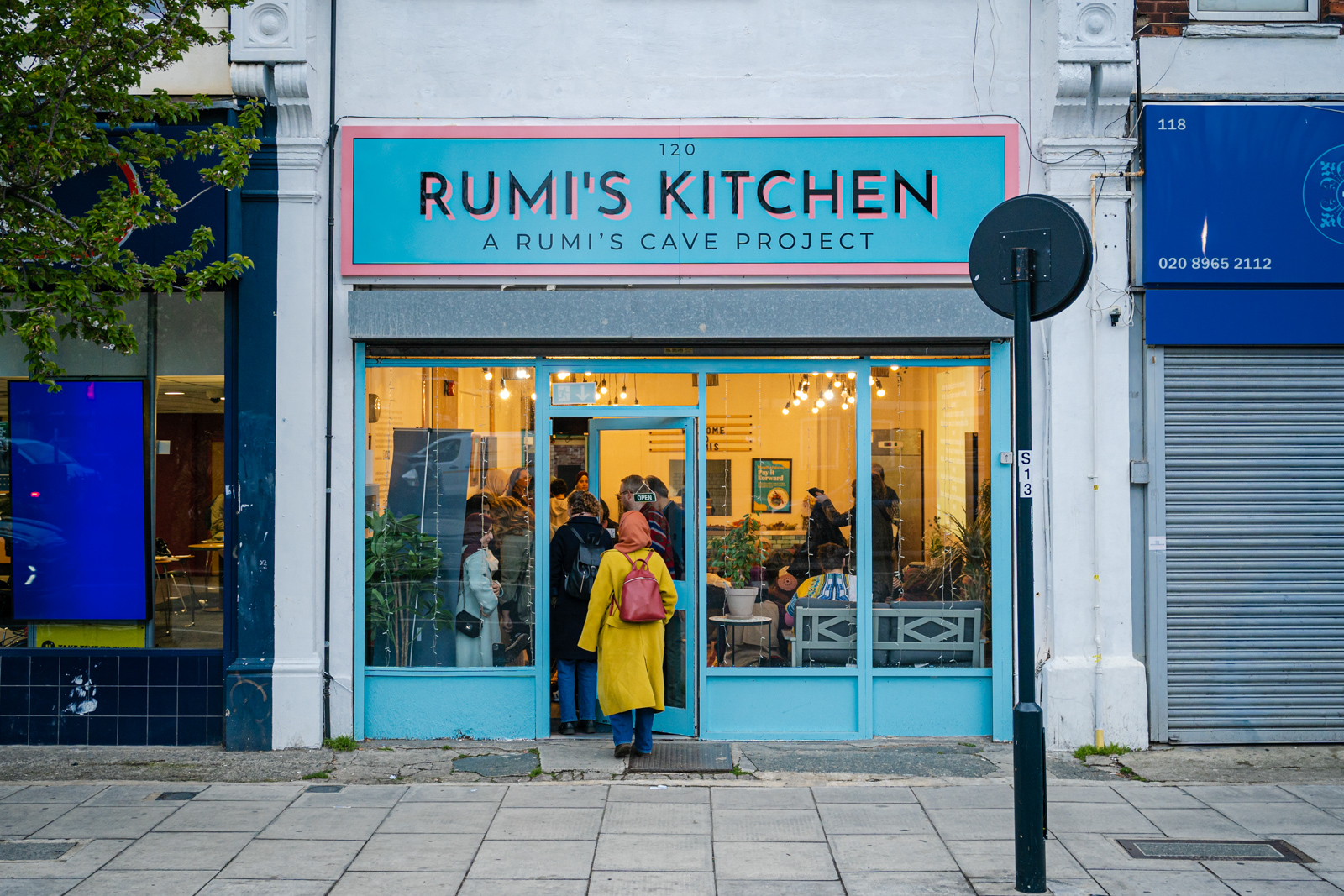
 Newsletter
Newsletter


